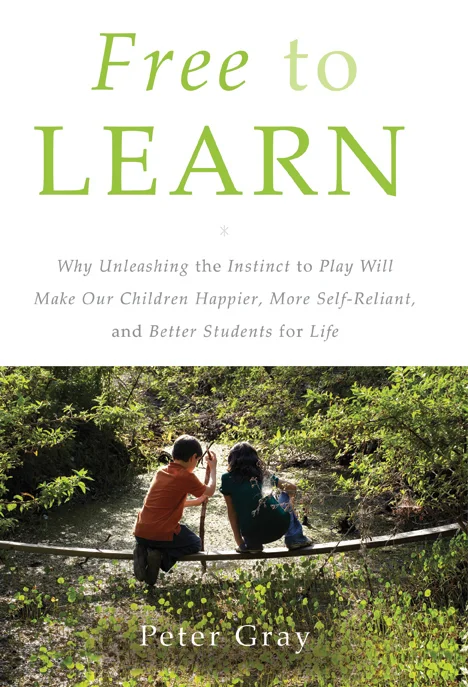All the changes our postmodern society is going through must end up pulling down the wall that divides schools from the real world. If you're a teacher, this book will at the very least give you revolutionary inspiration for your classes. If you're not, it will provide inspiration for your life. A must read that will make you see education through a different eyes.
Under pressure. Rescuing our children from the culture of hyper-parenting.
We want to give our children all the best, but in a world where often more equals better, Honoré suggests we do less: less hurry, less pressure, less rote learning, less testing, less homework, less extracurricular sctivities. Because the best education is simply spending more time with our kids.
When the Kids Say Enough is Enough!
Francesco Tonucci wants to know what children need to be happy, so he asks them. The conclusion he arrives at is that our cities must waste no time in adapting to humans (especially to children), and not the other way round. A book filled with humour and love for children.
Last Child in the Woods
Can we foster environmental awareness in future generations just by talking about nature in the classroom? Richard Louv will convince you of the fundamental importance of letting kids play in natural open spaces, freely and without pressures. To take this away from them is tantamount to boxing them in a one-dimensional reality that stumps their cognitive and emotional development, and leads to what Louv calls "nature deficit disorder".
Free to learn
In a clean and direct style, this book draws on the most relevant research in the fields of development psychology and anthropology, in support of a model of school based on non directive learning. As well as an expert on learning and play, the author is father to a child educated at Sudbury Valley, one of the oldest democratic schools in the United States.
Ideas generales sobre el método. Manual práctico.
Showing great sensitivity towards children, and a fascinating capacity to understand their needs towards an adequate emotional and intellectual development, Maria Montessori guides us through her pedagogical method, in which trusting children and allowing them freedom of action is a question of coherence for educators.






